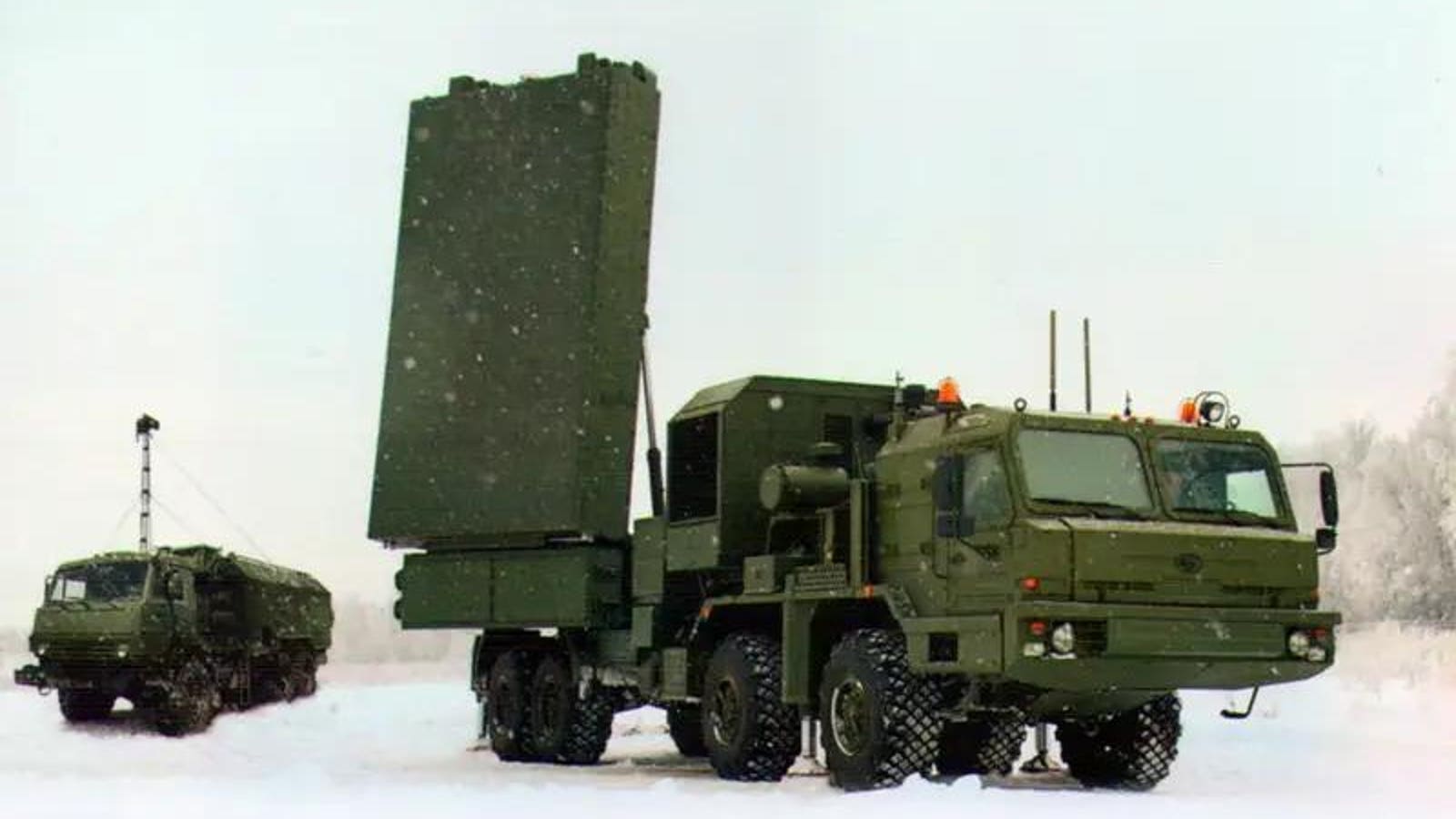Ukraine plinking a Russian GPS-jammer with a GPS-guided bomb. Ukrainian drones blowing up Russian drone-jammers. Ukraine’s cruise missiles striking Russian air-defense sites whose missions include, you guessed it, shooting down cruise missiles.
Russia’s 23-month wider war on Ukraine has seen a lot of ironic, darkly-hilarious clashes. The latest was also one of the quickest between setup and punchline.
On Tuesday morning, Russian media announced the deployment, to Ukraine, of Russian forces’ latest high-tech counterbattery radar. A few hours later in southern Ukraine, the Ukrainians blew it up … with artillery rockets.
The irony deepens. In theory, a Russian Yastreb-AV radar would help to protect Russian troops from Ukraine’s American-made High-Mobility Artillery Rocket Systems launchers—its HIMARS. Now guess what the Ukrainians used to destroy that first Yastreb-AV.
That’s right: HIMARS.



On that note, is it even possible to hide jamming equipment? It’s whole purpose is to put out a signal that disrupts another signal to the point it can’t be used. In that opening paragraph, I was thinking “of course a gps guided missile took out a gps jammer, they’d just have to add a different mode that just seeks the loudest signal on gps frequencies”, and similar for the drone jammer. Both cases just need software to be aware that signals can be jammed and to pivot to targeting the jammer if they can’t find the original target.
You can definitely play tricks with jamming. If you have multiple antennas working together you can create weird, messed up harmonics. E.g. (vastly simplified) you might have 10 jammers, but apparently 100 emitters.
The jammer vs anti jammer war has been hit since around WWII. It was a big thing with the u boats, and even Bletchly park got involved. 70 years of defence spending beyond that, takes it a long way.
That’s a good point, I forgot about interference. Since the frequency is unchanging, multiple antennas could even set up a standing interference pattern that looks like there’s an emitter in an empty lot. That “follow the signal” scheme is pretty easy to defeat.
That’s also one of the simpler ideas. It’s also a bit of a rock paper scissors game. E.g. the counter to my first suggestion is to up the sensitivity of your tracking, and use the extra resolution to pick out the real target(s). That, in turn can be countered with a directional pulse. You either sweep, or target an ultra high powered pulse. The pulse is like a flash bang in a dark cave, the sensors get cooked by it.
The game goes on and on, with many branching methods and counters.
Some early fun on the subject
https://en.m.wikipedia.org/wiki/Battle_of_the_Beams
That was really interesting and an angle of WWII I had no idea even existed, thanks for the link! I’m so used to thinking of radio in terms of sending it out in all directions that I forgot it could be used directionally like that to basically reverse triangulate a 3rd point using two of your own transmitters pointed at that 3rd point. An elegant targeting aid followed by an elegant disruption of it. And then two more of each.
And it’s possible that the battle of the beams was an essential part of winning WWII because maybe Hitler would have been able to take Britain out of the war or even conquer it if they had been able to do targeting more effectively instead of their systems essentially getting used against them to make their targeting even worse than if they had used their eyes and guessed.
Other interesting parts were the Brits using Germany’s targeting system to argue that they had better pilots (you’re against not just the pilot but the whole war machine supporting that pilot, so it seems like kinda a moot point unless you can equalise everything else again), and the poor Luftwaffe pilots not only being directed off target but getting completely lost and some even landing at RAF airports thinking they had made it back to Germany.
There’s just something hilarious about someone going on an attack where they think they have the upper hand but being so outclassed they end up having no idea what’s even going on. They also thought that the Brits had some way of bending radio waves when they were just emitting their own beeps to mess up the interference pattern!
It’s the same kind of funny as the French investing so much in fortifying the Maginot line to prevent another German invasion, which the Germans responded to by going through Belgium… Just like they did the last time they invaded. Though the results of that situation are less funny.
Nah you don’t hide the jammers, that’s the point. They can already see you, so you make a ton of noise to obfuscate where the real target is and where the jammers are. They either hold fire, or go after the jammers.
Focusing on the GPS jammer would require some hardware for direction finding; it’s not just software. Still, it’s not a huge design change.
I would have figured they’d already have multiple antennas for reliability, though I suppose that doesn’t imply they are set up to determine direction.
GPS uses time differential to calculate relative distance. It requires a fairly omnidirectional antenna to function. It would have to be a dedicated anti jammer targeting system.
The easier option is to use GPS to get into the general vicinity, then just go inertially guided, or use a camera etc.